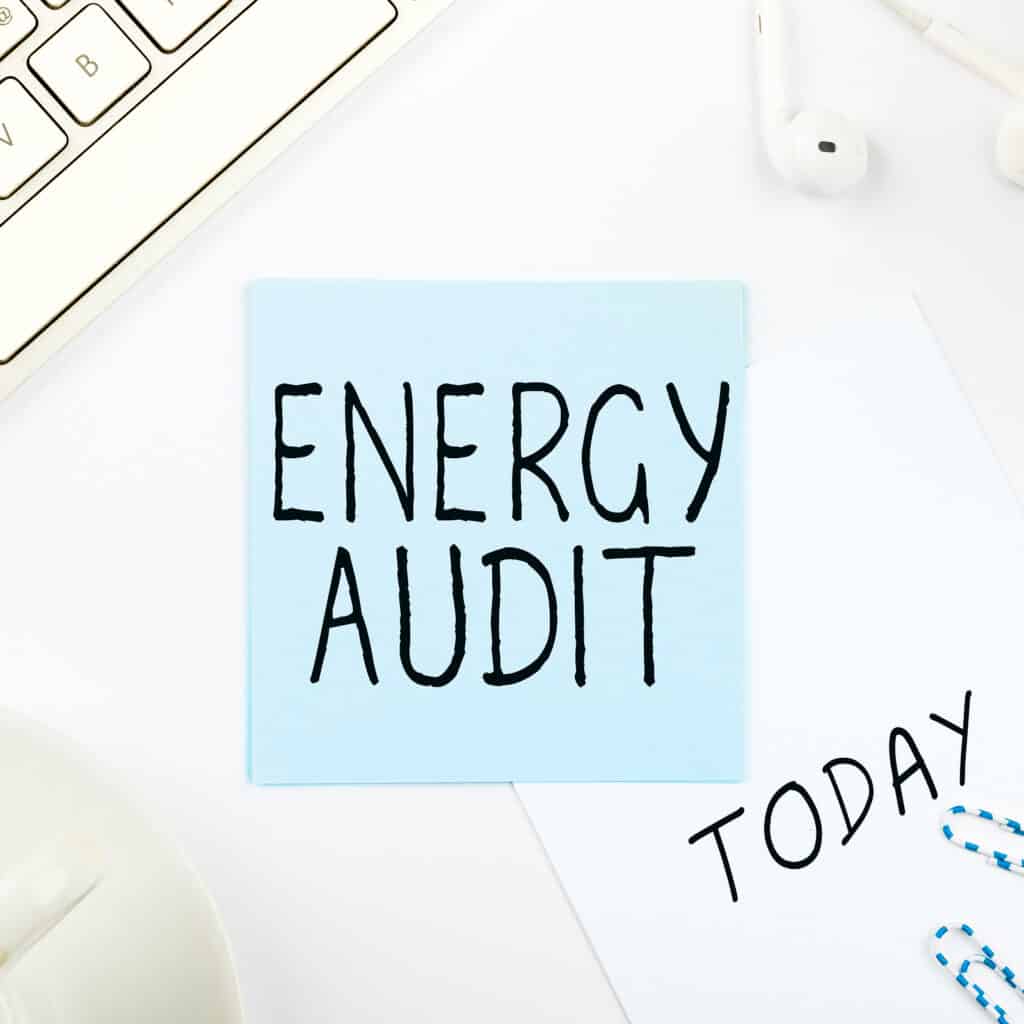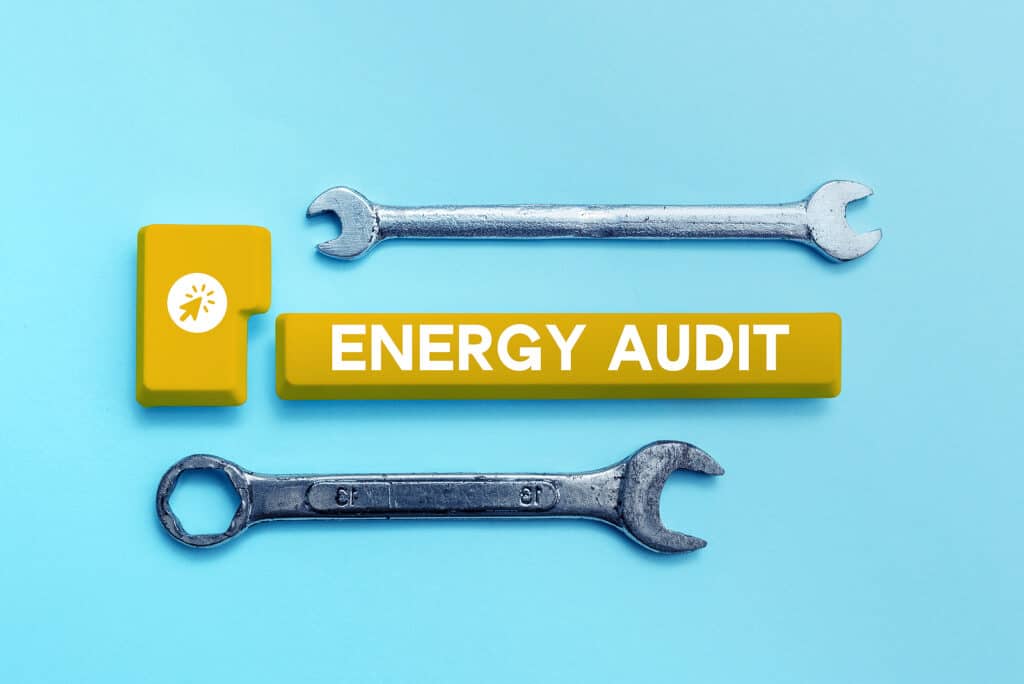The Importance of Energy Audits: How to Assess Your Home's Energy Usage
Energy efficiency is becoming more important as we seek to reduce our carbon footprint and save on energy bills. One way to achieve this is through energy audits, which can help assess a home's energy usage and identify areas where energy can be saved.
In this article, we will explore the importance of energy audits, how to assess your home's energy usage and the benefits of making energy-efficient upgrades.
What is an Energy Audit?

An energy audit is a thorough assessment of a home's energy usage, identifying areas where energy can be saved. This assessment typically includes an inspection of the home's heating and cooling systems, insulation, windows, doors, lighting, and appliances.
The goal of an energy audit is to find ways to reduce energy consumption and save on energy bills.
Why is an Energy Audit Important?
Energy audits are essential because they help identify areas where energy is being wasted and how to reduce energy usage. By identifying the areas where energy is being wasted, homeowners can make informed decisions about making energy-efficient upgrades.
Additionally, an energy audit can help homeowners save on their energy bills, which can be a significant expense.
How to Assess Your Home's Energy Usage
Before conducting an energy audit, it is essential to assess your home's energy usage. This assessment will help you identify areas where energy is being wasted and the potential savings that can be achieved by making energy-efficient upgrades.
- Review Your Energy Bills The first step in assessing your home's energy usage is to review your energy bills. This review will help you understand how much energy your home is consuming, which can help you identify areas where energy is being wasted.
- Check Your Home's Insulation Insulation is critical in maintaining a comfortable temperature in your home. Checking your insulation will help you identify areas where energy is being lost due to insufficient insulation.
- Check Your Home's Windows and Doors Windows and doors are common areas where energy is lost. Checking these areas will help you identify whether they are properly sealed and insulated.
- Check Your Home's Heating and Cooling Systems Heating and cooling systems are major energy users in a home. Checking these systems will help you identify whether they are functioning efficiently and whether upgrades are necessary.
- Check Your Home's Lighting and Appliances Lighting and appliances are additional energy users in a home. Checking these areas will help you identify whether they are energy-efficient and whether upgrades are necessary.
Benefits of Making Energy-Efficient Upgrades

Making energy-efficient upgrades to your home does more than just save you money; it also helps protect the environment. By using less energy, you’re helping reduce greenhouse gases and other pollutants that are released when generating electricity, as well as reducing the demand for non-renewable resources such as coal, oil, and natural gas.
In addition, energy-efficient upgrades can also help you feel more comfortable in your home by reducing drafts and maintaining a consistent temperature.
Making the switch to energy-efficient appliances and amenities is an important step toward creating a green home. By investing in appliances like LEDs for lighting or efficient heating systems, you’ll be able to reduce your electricity and gas bills, as well as decrease your environmental footprint.
You can also make a difference in the environment by doing maintenance on existing appliances like regularly changing air filters or cleaning dryer vents.
Other ways to use energy more efficiently include investing in programmable thermostats to optimize temperature settings when you’re away from home, using natural light instead of electric light when possible, and using fans or shades to reduce the need for air conditioning.
By implementing these strategies, you’ll be able to increase efficiency in your home while reducing your energy bill and helping the environment.
Making energy-efficient upgrades in your home can provide several benefits, including:
- Reducing Energy Bills By reducing energy usage, homeowners can save money on their energy bills. These savings can be significant, especially over time.
- Improving Home Comfort Energy-efficient upgrades can help improve the comfort of your home. Proper insulation, for example, can help maintain a comfortable temperature in your home, reducing the need for heating and cooling.
- Reducing Carbon Footprint Reducing energy usage can help reduce your carbon footprint. This reduction can help protect the environment and reduce your impact on it.
- Increasing Home Value Energy-efficient upgrades can also increase the value of your home. Many homebuyers are looking for energy-efficient homes, making these upgrades a worthwhile investment.
Conclusion Energy audits are essential in identifying areas where energy is being wasted and how to reduce energy usage. By conducting an energy audit, homeowners can make informed decisions about making energy-efficient upgrades.
These upgrades can provide several benefits, including reducing energy bills, improving home comfort, reducing your carbon footprint, and increasing home value. As we seek to reduce our impact on the environment and save on energy bills, energy audits, and energy-efficient upgrades are becoming increasingly important.
Sources:
https://www.energyvanguard.com/blog/how-to-conduct-an-energy-audit-on-your-home
https://www.greenbuildingadvisor.com/article/theres-no-such-thing-as-too-much-insulation
https://www.energy.gov/energysaver/10-ways-improve-your-homes-energy-efficiency
https://www.forbes.com/sites/houzz/2014/11/19/7-ways-homeowners-can-go-green/#5f1d70c45bda

